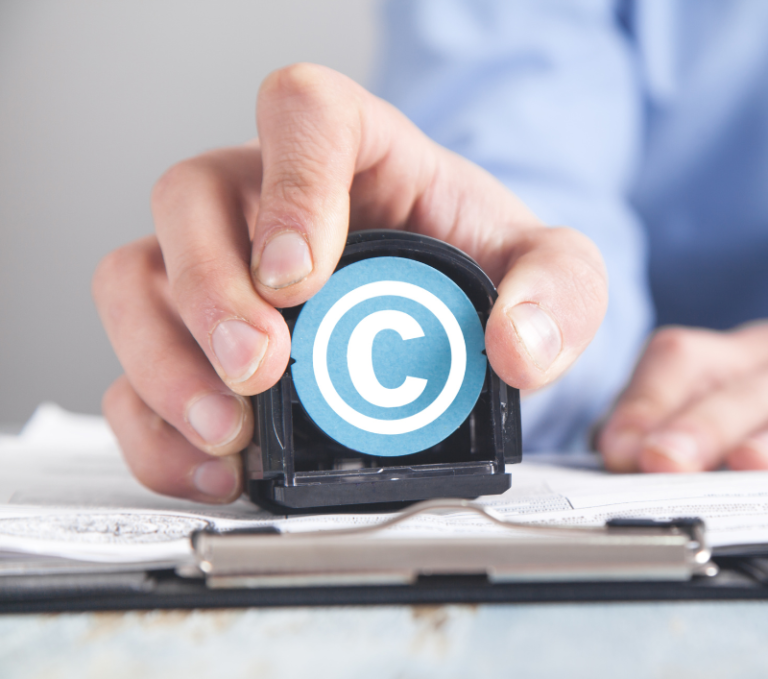Like most businesses, marketing agencies have become much more vulnerable to hackers, scammers and cyber criminals over the past few years.
As a result, a marketing agency’s assets — particularly digital marketing assets, like images and video content, and intellectual property — can potentially be damaged, lost or stolen.
Your marketing agency’s assets are key to your success. Keeping these assets secure with the right practices will be essential, especially as cyber crime becomes more common.
Know What Assets You Need to Protect from your Marketing Agency
You can only protect the assets that you know exist. Keeping track of your marketing agency’s assets can both help your business stay organized and make it easier to protect key digital resources.

These are some of the most common digital assets that a marketing agency will have:
- Photos and other images
- Any type of video content, like explainers or livestream recordings
- Slide decks, like Google Slides or PowerPoint presentations
- PDFs
- Spreadsheets
- Graphics
- HTML documents
- Blog content
Many of these digital assets may include sensitive information, like marketing plans, data on client operations and financial info. Some assets are also likely to be much more important than others. A logo, for example, may be easy to recover and not particularly valuable to a hacker.
Losing a file that contains a customer list, spreadsheet containing client contact information or unique marketing assets, however, could create serious challenges.
If you don’t already have a list of your important digital assets, conducting a quick audit or review can help you build out an inventory of the digital resources your business owns. The audit is also a chance to determine which assets are the most important and will need the most protection.
Protecting Your Marketing Agency’s Physical and Tech Assets
In addition to digital assets, you may also want to consider physical assets. Devices, in particular, like laptops and tablets can be stolen or damaged if not kept track of.
These devices can be extremely expensive to fix or replace. Policies that keep devices safe and in good working condition will help protect your business in the long-run.
For example, many businesses develop travel security policies that help to keep laptops safe when employees are on the move. Companies may also require that employees follow device cleaning procedures that keep their tech free of grime, dust and debris that can shortenits lifespan.
As with digital assets, creating an inventory of your physical assets is an important first step in keeping these assets safe.
How to Keep Digital Assets Safe
Once you have a good idea of the assets your agency owns and needs to protect, you can work to keep these assets safe.
Creating backups of important assets is a good place to start. Regularly updated backups will help you ensure that critical resources are still available in the event of a breach, ransomware attack or lost device.
Most businesses rely on cloud backup services to create their backups. You can also create physical backups by copying key assets to a physical drive. In any case, the backup should be located somewhere other than where the original files were stored.
Some businesses use digital asset management (DAM) tools to keep track of and manage their digital assets. These tools come with search and storage features that make it easy to sort and review large collections of digital assets.
Cybersecurity best practices can help you prevent hacks and data breaches that may expose your assets to hackers. Training employees in cybersecurity basics, updating devices regularly, using antivirus software and requiring strong passwords can make it much harder for hackers to break into your company’s network and access the brand’s digital assets.
A good disaster or loss response strategy will help your business respond in the event that important assets are lost or damaged. For example, a travel security policy can include steps your team will take in the event that an employee’s laptop is lost or stolen, making it easier for your team to take action.
Protecting Your Intellectual Property (IP) and Copyrights
In addition to preventing unauthorized parties from accessing your assets, you may also want to protect your assets through legal channels.
Trademarks and copyrights help to establish that your marketing agency is the true owner of its assets. In the event that a person or business tries to use your assets without permission, these legal protections can help you prove ownership in a court of law.
Copyright protects your brand’s creative expression, which may include content like videos, blog posts and graphics. Trademarks protect words, phrases, symbols, designs and other assets that identify your brand — like logos, slogans and your brand name.

Registering copyrights and trademarks ahead of time, before your brand realizes someone is trying to use your intellectual property, will be necessary. Otherwise, you may not be able to ensure that the copyrights and trademarks can actually be used if you need to prove ownership of your digital assets and branding.
Keeping Your Marketing Agency’s Assets Safe
Without the right practices, a marketing agency’s assets may not be safe. Theft, data breaches and malware can all lead to the loss of critical assets, potentially slowing down important work or putting entire projects on hold.
Your marketing agency can keep its digital and physical assets safe with the right combination of policy, security practices and training. Adopting the best practices will help you ensure that your assets are safe, no matter what threats your business faces.
